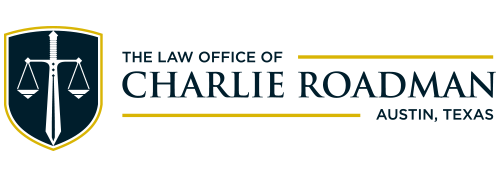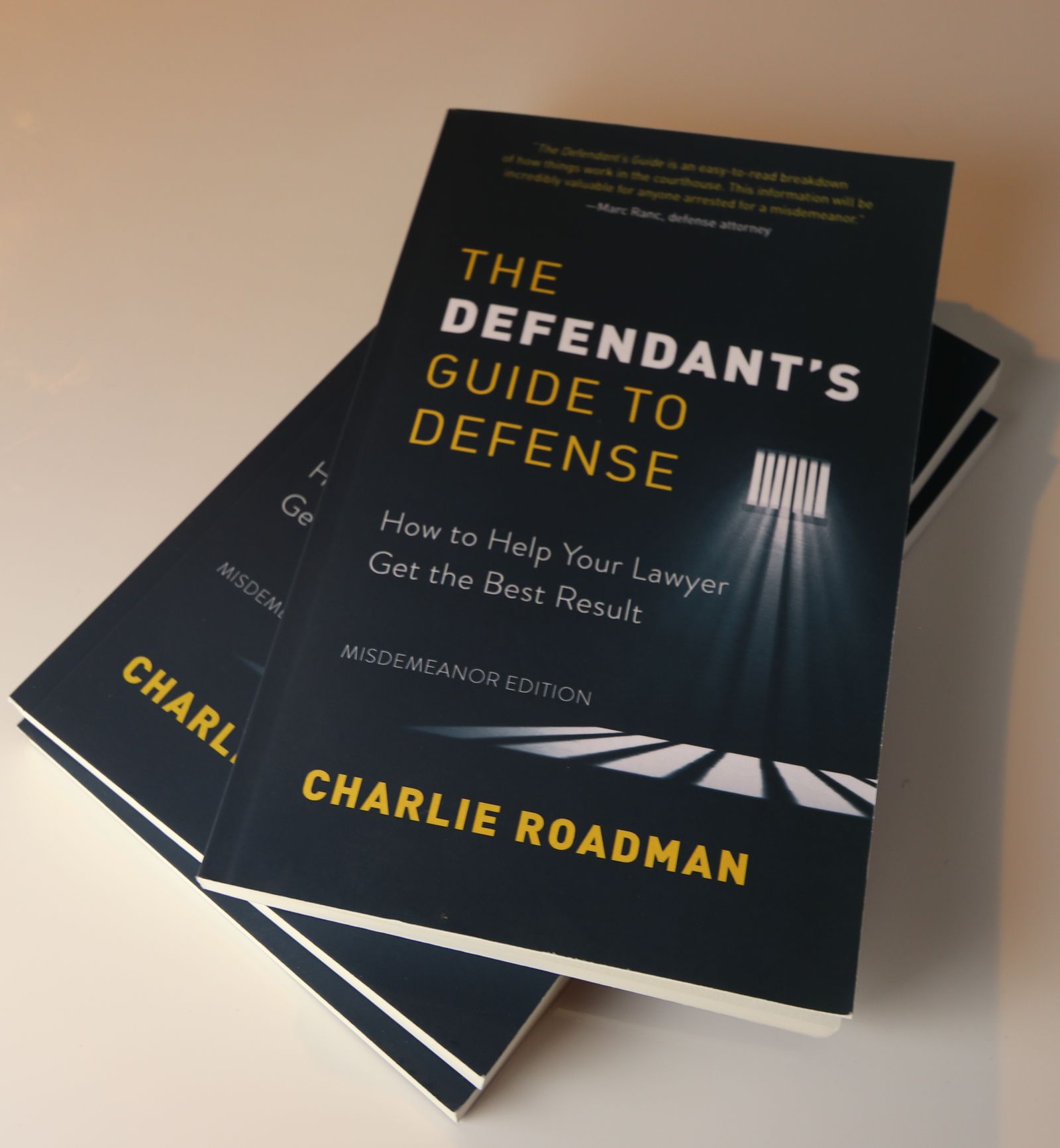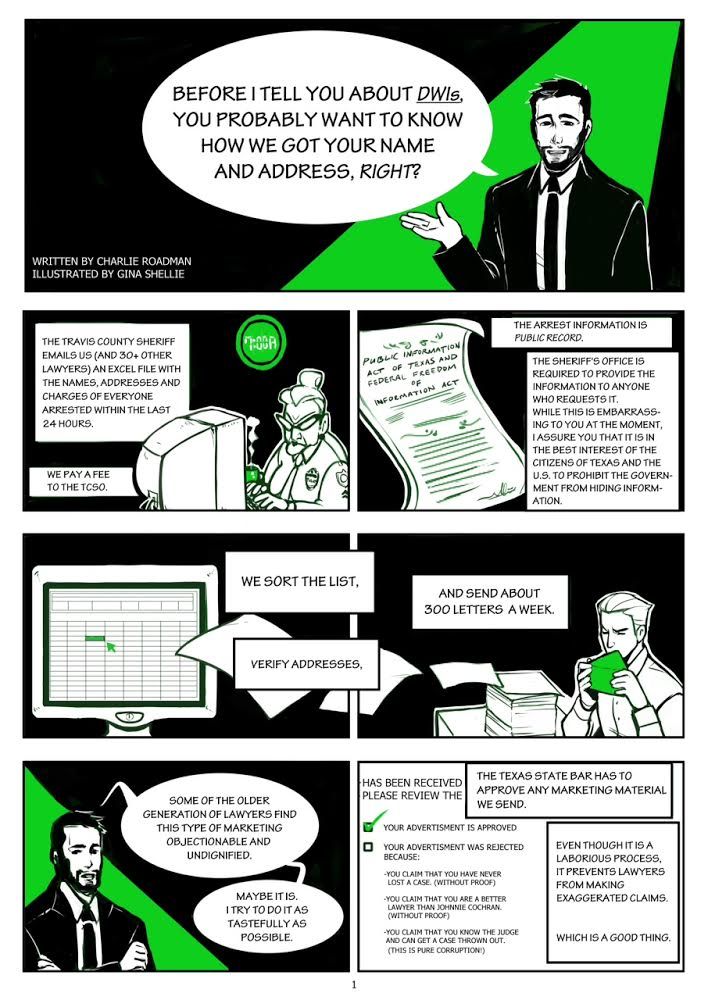Unlawful Carrying of a Weapon
Unlawful Carrying of a Weapon Defense
If you are facing an Unlawful Carrying of a Weapon charge in Texas, we can help. We have handled Travis County Unlawful Carrying of a Weapon cases for 20+ years. Contact us for a free consultation and we will give you clarity about your rights and strategize about the best possible defense. There are many things that you can do while the case is pending that increase the chance that the case will be dismissed.
What Is Unlawful Carrying Of A Weapon (UCW)?
Unlawful Carrying of Weapon is the illegal possession of a gun, knife, or certain other harmful weapons as described in Texas Penal Code Chapter 46. This charge is a Class A misdemeanor, but it can become a third degree felony in certain circumstances.
What About Open Carry?
Here's a general overview of who can open carry in Texas:
License Holders: To open carry a handgun in Texas, you generally need to have a License to Carry (LTC). This license was formerly known as a Concealed Handgun License (CHL) but was renamed when open carry became legal.
Age: Typically, you must be at least 21 years old to obtain an LTC. There are exceptions to this rule.
Residency: Texas residents can apply for an LTC. Non-residents can also apply for an LTC in Texas, but there are additional requirements they must meet.
Background Check: Applicants for an LTC must undergo a background check. Certain criminal convictions can disqualify a person from obtaining an LTC.
Training: To obtain an LTC, you generally have to complete a training course conducted by an LTC instructor licensed by the Texas Department of Public Safety.
Method of Carry: When open carrying a handgun with an LTC, the handgun must be carried in a shoulder or belt holster.
Places Off-Limits: Even with an LTC, there are places where open carry is not allowed, such as schools, polling places, courts, racetracks, secure areas of airports, and businesses that have posted the appropriate signage (often referred to as "30.06" and "30.07" signs for concealed and open carry prohibitions, respectively).
It's important to note that long guns (like rifles and shotguns) have different regulations. Historically, Texas has allowed the open carry of long guns without a license, though there are still restrictions about how and where they can be carried.
What Are The Exceptions To Open Carry?
If you possess a handgun while committing another offense other than a traffic ticket, you can be arrested for UCW.
You place your handgun in your car with the handle in plain view, head to work, and later attend a happy hour. On your way home, you're pulled over and charged with DWI. Even if you had no intention of unlawfully carrying a weapon, if you possess a handgun while committing an offense beyond a basic traffic violation, you can be charged with UCW.
In the state of Texas, it is illegal to carry a handgun inside airports, places of business that’s main income is alcohol, and in gun-free zones. You can be charged with unlawful carrying of a weapon if you do.
Possible Outcomes And Punishments For UCW
In Texas, UCW is classified as a Class A misdemeanor. This could lead to a maximum sentence of one year in county jail and a potential fine, usually not exceeding $4,000. However, there are specific places, such as liquor stores, bars, airports, and college campuses, where weapons are strictly forbidden.
If you're caught unlawfully carrying a weapon in these prohibited zones, the severity of the offense escalates to a third-degree felony. This can result in up to 10 years in prison and fines reaching $10,000.



